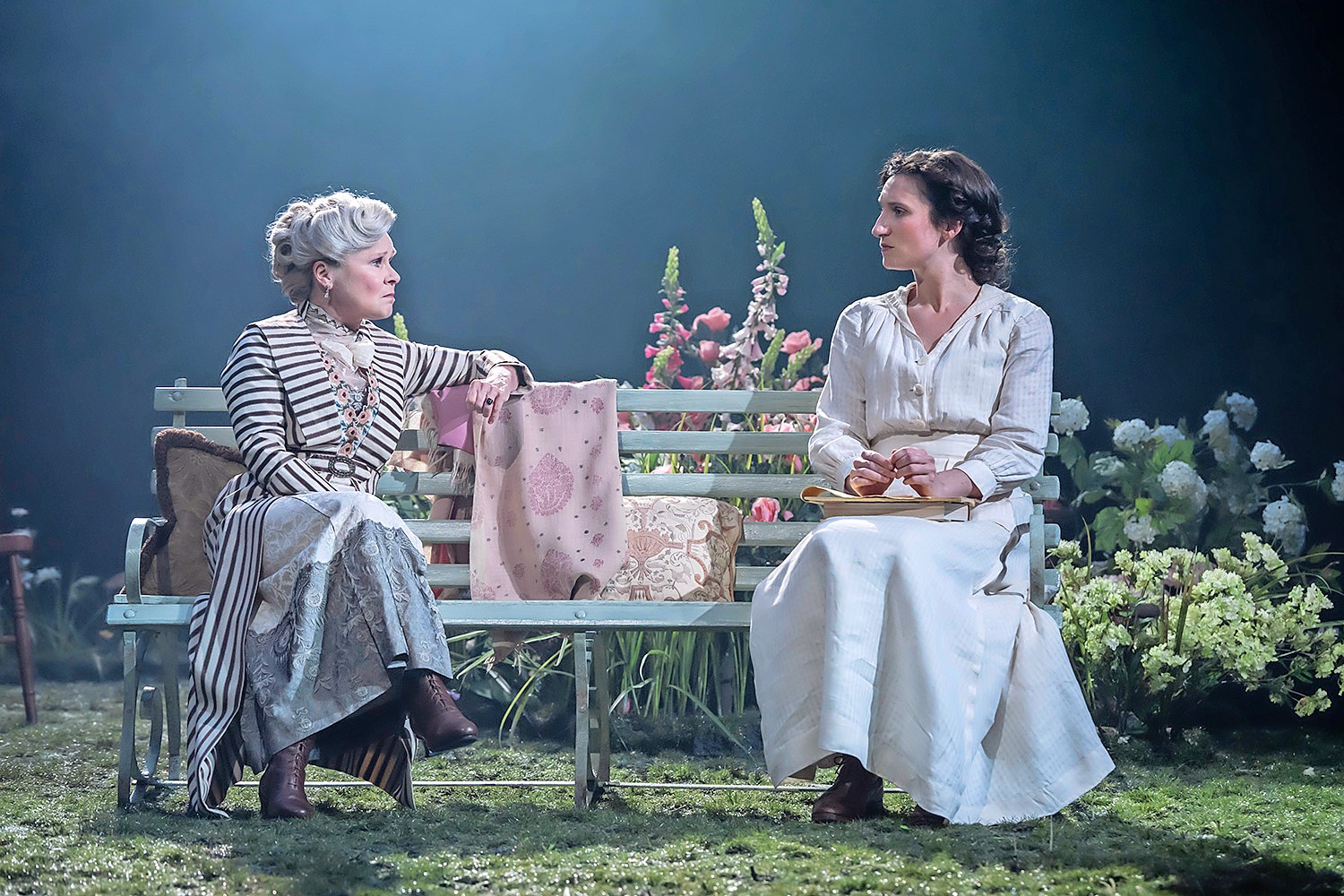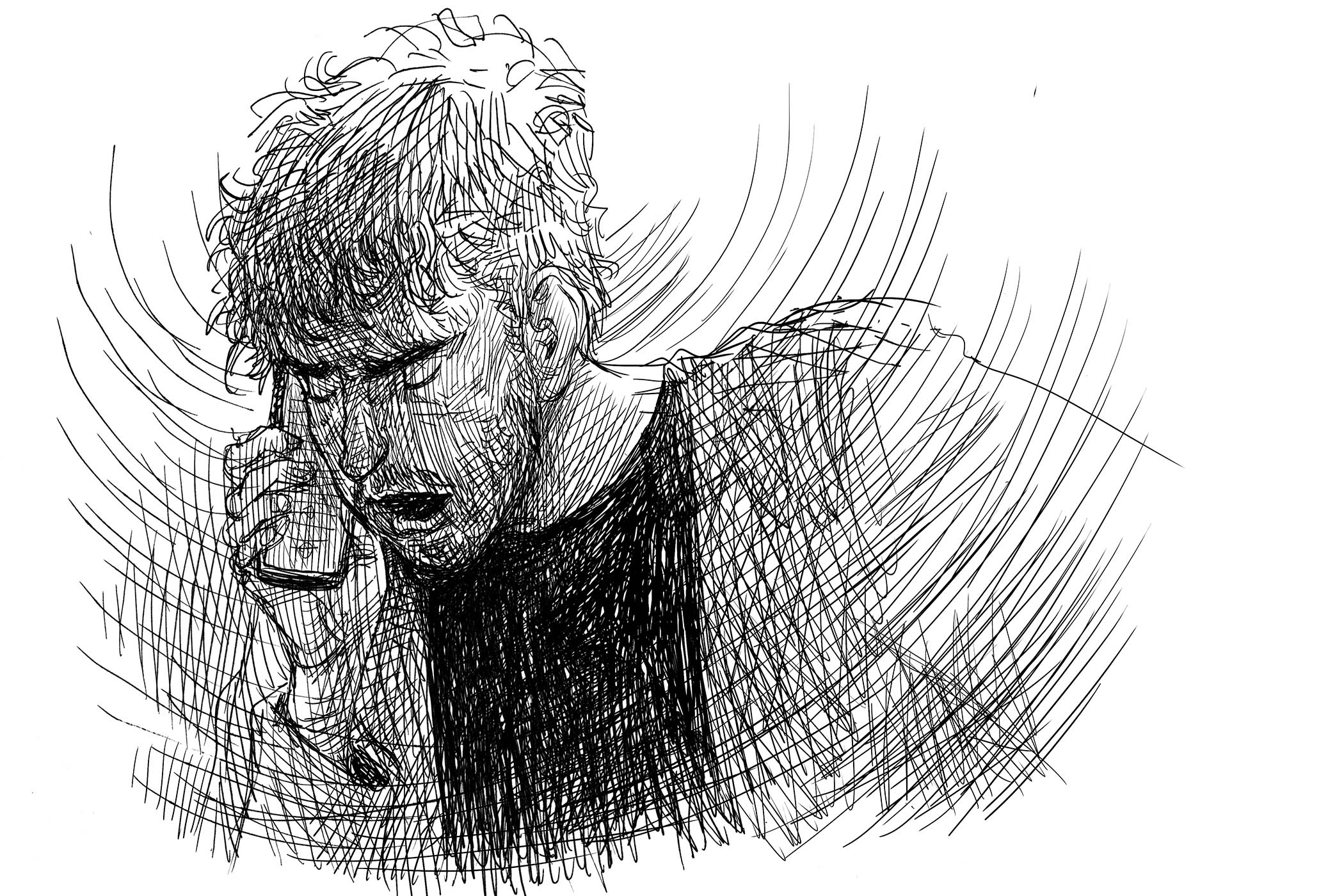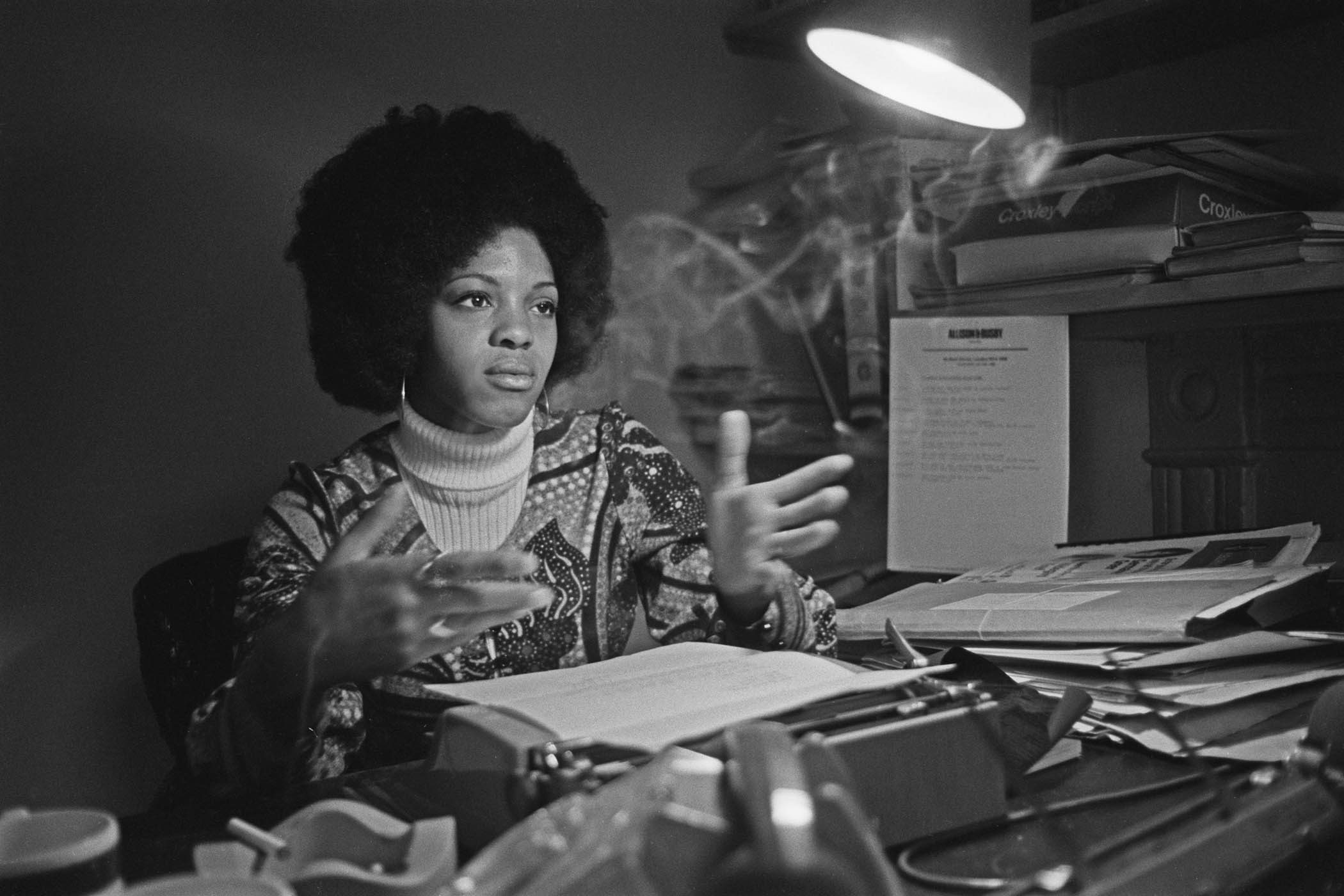Mrs Warren’s Profession
Garrick, London WC2; until 16 August
What a double slicing through generations. A play written more than 130 years ago is brushed off and given new vivacity by one of today’s most incisive directors. A Victorian mother and daughter are freshly embodied by a real-life 21st-century mother and daughter. Themes that shocked on first staging ring out again, unresolved.
Imelda Staunton (most recently on stage in Hello, Dolly!), Bessie Carter (soon to appear on screen as Nancy Mitford) and Dominic Cooke (who directed Staunton as Dolly) are bringing a new audience to Bernard Shaw. The dramatic wit – once so celebrated for superfluency, Fabianism, stockinette suits, a phonetic alphabet and pro-Stalinism – has once again fallen out of fashion. Yet he is one of only two people to have been awarded both an Oscar and a Nobel prize: the other is Bob Dylan.
Mrs Warren’s Profession was one of the high points of Shaw’s notoriety. Written in 1893, the play was banned by the lord chamberlain and not performed publicly in London until 1925. Shaw’s sin was to make Mrs Warren a brothel-keeper who unrepentantly profits from her trade, failing when exposed either to kill herself or to melt into sentimental gold-heartedness. The censor failed to realise that this did not make Mrs Warren a heroine.
What makes Staunton so good in the title role is her ability to tease with her treasurableness: she coats steely exploitation with jaunty allure; the revelation of her sheer calculation produces a shudder.
Vivie, the daughter who rejects her mother on discovering that the trade, which originated in need, is still being run with zeal, is a “new woman”, with a tip-top maths degree, a knuckle-crushing handshake, a disdain for fancy talk and a thirst for work; her freedoms have been bought for her by the exploitation she despises. Shaw drew on social reformer and economist Beatrice Webb and on a cigar-smoking female actuary for Vivie’s character; the critic William Archer merely considered her “Shaw in petticoats”.
A hint of incest got a gasp from the audience around me
A hint of incest got a gasp from the audience around me
In a performance that made me eager to see her again and again on the stage, Carter gleams with candour and intelligence, yet is also touched by chilliness. No one here comes off scot-free; no one is simply covered in blame. Shaw’s villain is not an individual but the system that cramped – still cramps – choices for women: his overarching political point is that almost everyone lives on immoral earnings.
Aiming to free the play of costume quaintness, Cooke has moved the action to just before the first world war. He has given Shaw’s play a good shaking and found a plot with consequences that slowly uncurl over generations, as do those in Greek tragedy. Without committing GBH on GBS, he has been rightly bold. He has cut repetitions, Shavian curlicues, background explanations and detail (no more itemisation of menus); he has liberated the drama’s heart.
Related articles:
His most striking move – not subtle but essential and clarifying – is to introduce a silent chorus of young women. While Angus MacRae’s music emits a long expiring sigh, adolescent girls circle the stage dressed in white petticoats and pantaloons. Unsmiling wretches: Mrs Warren’s commodities.
Chloe Lamford’s set and costumes steer action and mood. Staunton is glossy in shiny two-pieces and winking little hat; Carter begins in virginal white and moves to uncompromising brown skirt, shirt and tie. The evening opens on a bright garden nodding prettily with foxgloves, roses and hollyhocks, promising brittle exchanges over crumpets. It ends with an all-over grey functional office, where Vivie Warren sits steadfast on her handsome swivel chair rejecting ease and fancy, welcoming purposefulness.
Newsletters
Choose the newsletters you want to receive
View more
For information about how The Observer protects your data, read our Privacy Policy
Kevin Doyle is very funny as a fussily respectable, morally dubious clergyman, but Reuben Joseph is too stolid as his scapegrace son, one of those intelligent, unreliable wits in which Shaw specialised. The play teems with notions about the unpredictability of inheritance: a hint of incest got a gasp from the audience around me; a line about the unlikely relationship between Mrs and Ms Warren – the one so saucy, the other so forthright – brilliantly wires into the physical difference between tiny Staunton and lofty Carter.
This is unlike other recent parent-child stage pairings – Timothy and Samuel West in A Number, Lia Williams and Joshua James in The Vortex – that gained from resemblance, yet the effect is no less magnetic.
Other Shaw rediscoveries wait in the wings. There might never have been a better critic, of drama and of music: so unexpected in judgment (Shakespeare gets a cuffing), so intellectually astringent and yet so springy. His essays steam off the page. So much so that the novelist Philip Hensher – author of the Thomas Adès chamber opera Powder Her Face – has been mulling over the idea that the music essays may yield a drama.
In which case the hero would be one Corno di Bassetto: Shaw’s reviewing pseudonym, and one of his very best creations.
Photograph by Johan Persson



